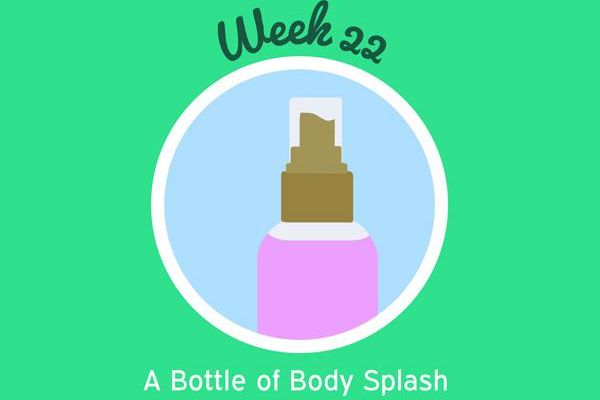At week 29, your little one probably doesn't seem so little. Your baby's increasing size and weight take a toll on your body, and your belly begins to draw attention even from strangers. But, you can take solace in knowing that your growing belly is a sign that things are developing just as they should.
Tip of the week:
When heartburn sneaks up, eat some yogurt or drink a glass of warm milk because these dairy products may help neutralize acid. Honey has also been shown to naturally alleviate acid reflux, not to mention serve as a sweet treat for when you have a craving. Consult with your health care provider before taking any over-the-counter medication for heartburn, because some may contain excessive sodium levels or even lead.
At this point, your baby is roughly 2.75 pounds, and his lungs and muscles are stronger than ever—almost ready to support him in the outside world. Additionally, his head is growing, which allows for important brain development, even though it may make your cervix ache when you think about it.
Your baby's skull isn't the only bone that's developing; his entire skeleton is getting stronger. In fact, roughly 250 milligrams (mg) of your dietary calcium are being deposited right into his bones each day. To put this in perspective, 8 ounces of milk contain 300 mg of the mineral.
If you're concerned about proper nutrition for you and your baby, record your food intake in a journal and talk to your health care provider to ensure you're getting everything you both need. Women who experience heartburn—an all-too-common side effect of pregnancy—may also find this kind of recordkeeping helpful in detecting triggers.
Acid reflux, also known as heartburn, can be the result of eating fried or spicy foods or just too much food. However, for many pregnant women, heartburn pops up even when they carefully watch what they eat. The symptom has two culprits: that pesky hormone progesterone and abdominal pressure.
Progesterone has a tendency to relax the valves in your esophagus that would normally keep stomach acid where it belongs. Also, your expanding uterus can push the stomach and its contents upward, leading to heartburn.
To help stave off acid reflux, try eating smaller meals frequently throughout the day to give food plenty of time to digest. It may also help to wait an hour after eating before lying down.







